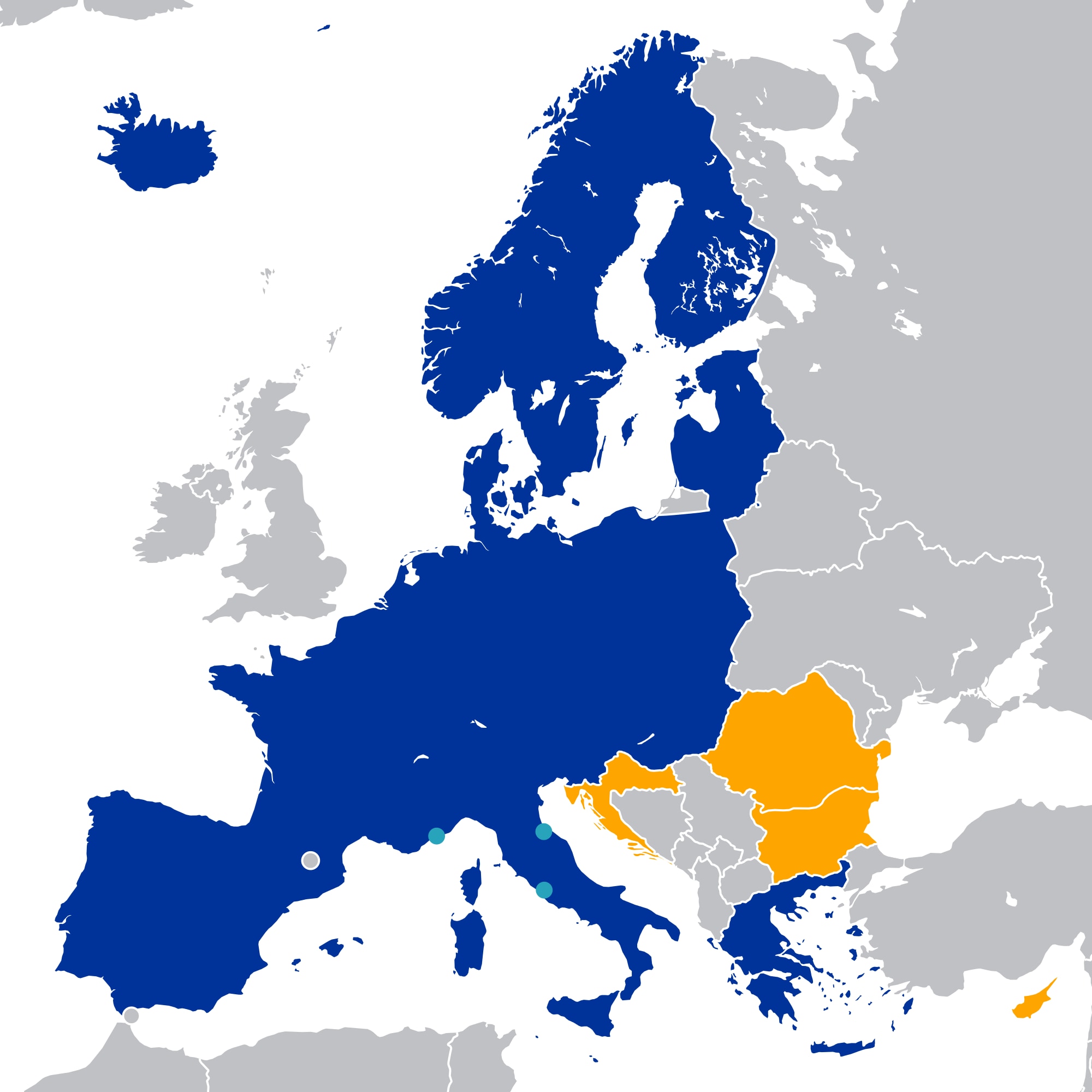The EU and the UK announced a trade deal last Thursday, Dec 24. Prime Minister Boris Johnson said: “I think this deal means a new stability, and a new certainty in what has sometimes been a fractious and difficult relationship.”
The UK will leave the single market and the customs union, and EU law will no longer apply in the UK.
MPs will vote on the deal on December 30. Details are yet to be revealed, but it will include changes affecting UK travellers.
Meanwhile, since a variant of coronavirus was found in London and the south east, most European countries, along with dozens beyond the continent, have closed their borders to the UK, putting early 2021 holidays at risk.
As the situation develops, some European governments are lifting UK flight bans. Instead, they will require UK travellers to take a Covid-19 test on arrival.
Plus, as it stands, from January 1, the UK will be automatically placed on the EU high-risk travel list, so restrictions (at best, a requirement to take a test on arrival; at worst, a ban on non-essential trips or a long quarantine) might remain for months – until the UK infection rate falls sufficiently for normal arrangements to resume.
This would almost certainly put paid to the ski season in the Alps – Switzerland, or perhaps Sweden, might be the only feasible destination – and jeopardise Easter holidays in the Med.
Further changes to how we travel will emerge as more details of the Brexit deal are announced. Here, Nick Trend examines what we know so far in the key areas.
- Advertisement - scroll to continue -

Passports and visas
Anyone visiting an EU country only needs a passport that is valid for the proposed duration of their stay. From January 1, however, they will need to have at least six months of validity on their travel documents.
Millions of Britons whose passports are due to expire in the next year are being urged to apply for a new one now, a situation which is likely to cause a stampede of renewals at UK passport offices. The Passport Office turnaround time is already approximately three weeks for online applications, according to the Home Office. This means that those hoping to travel in early 2021 with an expiring passport will need to renew it as soon as possible.
To complicate matters further, some people whose passports do not expire until the end of 2021 or even the beginning of 2022 may also be turned away when entering the EU. Some UK passports have up to ten years and nine months of validity, but the EU will now ignore the additional nine months. This means some people will be refused entry to the EU, even if they have 15 months left on their passports.
Those who do not renew in time will not be able to travel to most EU countries as well as Iceland, Liechtenstein, Norway and Switzerland. These rules do not apply to travel to Ireland. You can continue to use your passport as long as it’s valid for the length of your stay.
The Government says tourists will not need a visa for short trips to EU countries, Iceland, Liechtenstein, Norway and Switzerland. “You’ll be able to stay for up to 90 days in any 180-day period,” it adds. “You may need a visa or permit to stay for longer, to work or study, or for business travel.” Note that that separate trips to separate EU countries will count towards your 90-day limit. This limit has been highlighted as a major problem for second home owners who are used to travelling more regularly to their European bolthole.
The European Commission has previously said that, after Brexit, UK passport holders will need to apply for a new ETIAS (European Travel Information and Authorisation System) visa waiver. This is similar to an American ESTA, will probably cost around £6 and be valid for several years. However, its introduction was recently postponed until 2023.
Despite this, we may well find – after December 31 – that it takes longer for British citizens to be processed at airports and other immigration points to the EU. The European Tourism Association has estimated that, even under the ETIAS scheme, additional checks could add an extra 90 seconds for each UK passport holder. That would mean in theory that it would take an additional five hours to process a 737 full of British passengers. In practice it seems likely that most airports will bolster immigration staff to reduce delays.
Visit our friends at telegraph.co.uk


